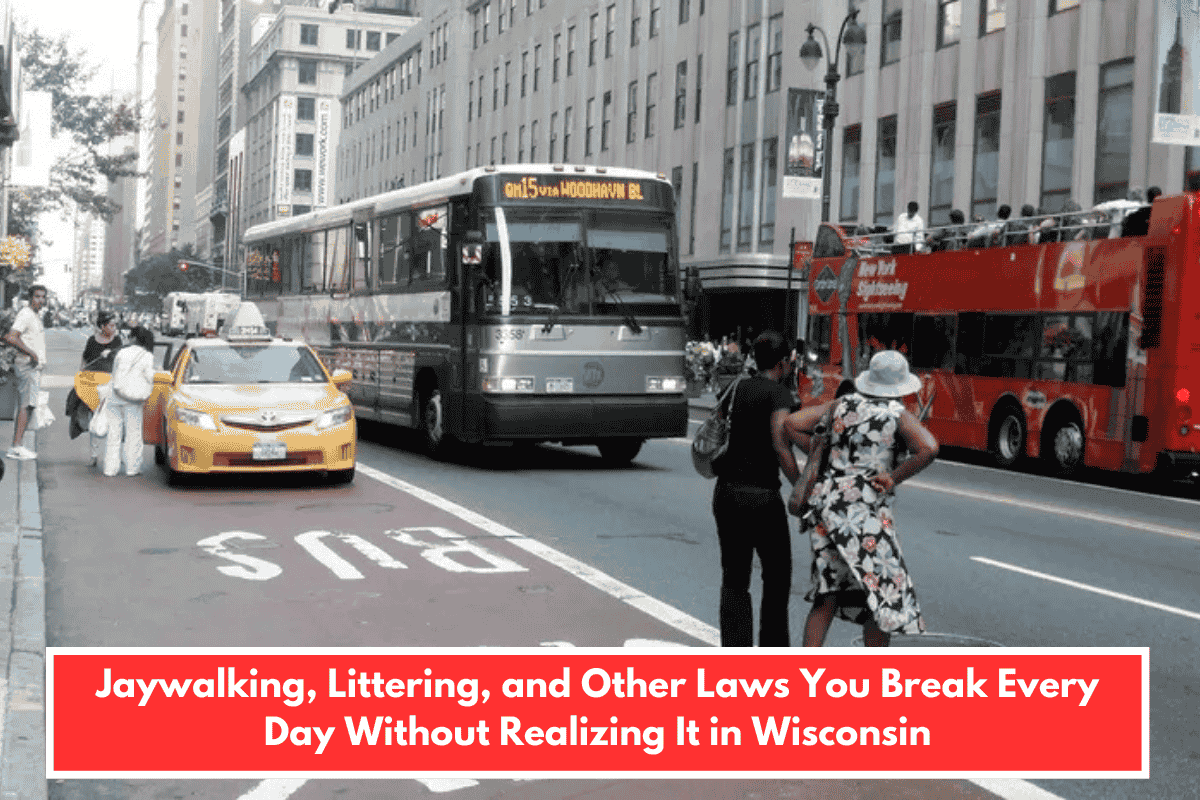Nevada, known for its vibrant cities like Las Vegas and Reno, also has communities facing significant economic struggles. One such community has recently been named Nevada’s poorest, drawing attention to the challenges that many of its residents face. This community’s struggles with poverty reflect broader issues in the state and the country, including limited access to affordable housing, low wages, and insufficient healthcare. In this article, we’ll explore which community holds this title, what factors contribute to its economic hardships, and what can be done to address these issues.
Nevada’s Poorest Community: A Closer Look
The community currently named Nevada’s poorest is Winnemucca, a small city located in Humboldt County in northern Nevada. Winnemucca, which serves as the county seat, has a population of around 7,500 people. Despite its small size, the city faces high poverty rates and economic instability, earning it the title of Nevada’s poorest community.
Factors Contributing to Poverty in Winnemucca
Several factors contribute to the economic struggles of Winnemucca, including its remote location, limited job opportunities, and economic reliance on a few industries.
Limited Job Opportunities:
Winnemucca’s economy is heavily dependent on a few industries, including mining, agriculture, and tourism. While mining has historically been a significant contributor to the local economy, the industry has seen ups and downs, leading to periods of unemployment. Additionally, there is a lack of diversified industries in the area, which limits employment options for residents. With fewer opportunities for work, many residents are stuck in low-paying jobs with limited career growth.
Remote Location:
Winnemucca’s location in northern Nevada, away from major metropolitan areas like Las Vegas or Reno, presents challenges. The city’s remote nature means that residents often face higher costs for goods and services, as transportation costs increase for businesses. Additionally, the city struggles to attract new businesses or industries that could help boost the local economy, further limiting opportunities for economic development.
Lack of Affordable Housing:
The housing market in Winnemucca is another significant factor contributing to poverty. Like many rural areas in Nevada, there is a shortage of affordable housing options, and housing prices have been steadily rising in recent years. Many low-income families in Winnemucca struggle to find suitable, affordable housing, leaving them with limited choices.
Education and Skill Development:
The educational opportunities in Winnemucca are limited. The community has only one public high school, and access to higher education or job training programs is sparse. Without access to advanced educational resources, residents often find themselves stuck in low-wage jobs with few opportunities for upward mobility. Lack of skill development and job training programs makes it even more difficult for people to escape poverty.
The Impact of Poverty on Winnemucca Residents
The impact of living in poverty is deeply felt by residents of Winnemucca. High poverty rates lead to numerous social and economic challenges, including:
Health Issues: Low-income families often struggle to afford healthcare, leading to higher rates of chronic illness, mental health problems, and a lack of access to preventive care. With limited healthcare facilities in the area, many residents are forced to travel long distances to receive care, which is both time-consuming and expensive.
Strain on Social Services: As poverty increases, so does the demand for social services. In Winnemucca, the local government and nonprofit organizations face significant strain in meeting the needs of the community. From food assistance programs to housing support, resources are stretched thin, and many residents are left without adequate support.
Childhood Poverty: Children growing up in poverty face additional challenges, including lower academic performance, limited access to extracurricular activities, and increased likelihood of experiencing poverty as adults. The cycle of poverty can be difficult to break, especially when resources are limited.
What Can Be Done to Improve Conditions in Winnemucca?
While the situation in Winnemucca may seem bleak, there are steps that could be taken to help improve the community’s economic condition and quality of life for its residents:
Diversifying the Economy:
To reduce reliance on a few industries, Winnemucca could benefit from efforts to diversify its economy. Encouraging new businesses, particularly in tech, renewable energy, and other high-growth sectors, could create new job opportunities and help reduce unemployment. Local leaders could also focus on attracting industries that offer higher-paying jobs with benefits, which would increase the overall standard of living for residents.
Improving Education and Job Training:
Expanding educational opportunities and job training programs is crucial for lifting residents out of poverty. By investing in adult education, vocational training, and higher education programs, Winnemucca can provide residents with the skills needed to enter higher-paying fields. Partnerships with universities, community colleges, and local businesses could help create training programs tailored to the needs of the local economy.
Affordable Housing Initiatives:
Addressing the housing crisis in Winnemucca should be a top priority. Local governments could work with private developers and nonprofit organizations to create affordable housing units for low-income families. Additionally, providing subsidies or tax incentives for low-income renters and homebuyers could help make housing more accessible for struggling families.
Healthcare Access:
Expanding healthcare access to underserved communities like Winnemucca would go a long way in improving residents’ quality of life. Telemedicine services, mobile health clinics, and partnerships with larger healthcare facilities in nearby cities could help residents receive the care they need without having to travel long distances.
Strengthening Social Services:
Increasing funding for social services is crucial for supporting low-income families in Winnemucca. Enhanced food assistance, child care support, and mental health services can provide critical support to residents facing economic hardship.
Winnemucca, Nevada, has earned the title of the state’s poorest community due to factors like limited job opportunities, a lack of affordable housing, and inadequate educational resources. The effects of poverty are felt deeply by its residents, impacting their health, education, and overall well-being. However, by diversifying the economy, improving education, expanding healthcare access, and addressing affordable housing issues, Winnemucca can work toward breaking the cycle of poverty and improving the lives of its residents. With the right interventions, this small Nevada community has the potential to overcome its economic challenges and thrive in the future.
SOURCES
[1] https://955thebull.iheart.com/content/2023-12-20-the-poorest-city-in-nevada/
[2] https://www.homearea.com/rankings/place-in-nv/poverty_rate/
[3] http://zipatlas.com/us/nv/city-comparison/lowest-poverty.htm
[4] https://hdpulse.nimhd.nih.gov/data-portal/_social/poverty/table?statefips=32&demo=00007
[5] https://www.roadsnacks.net/poorest-places-in-nevada/














